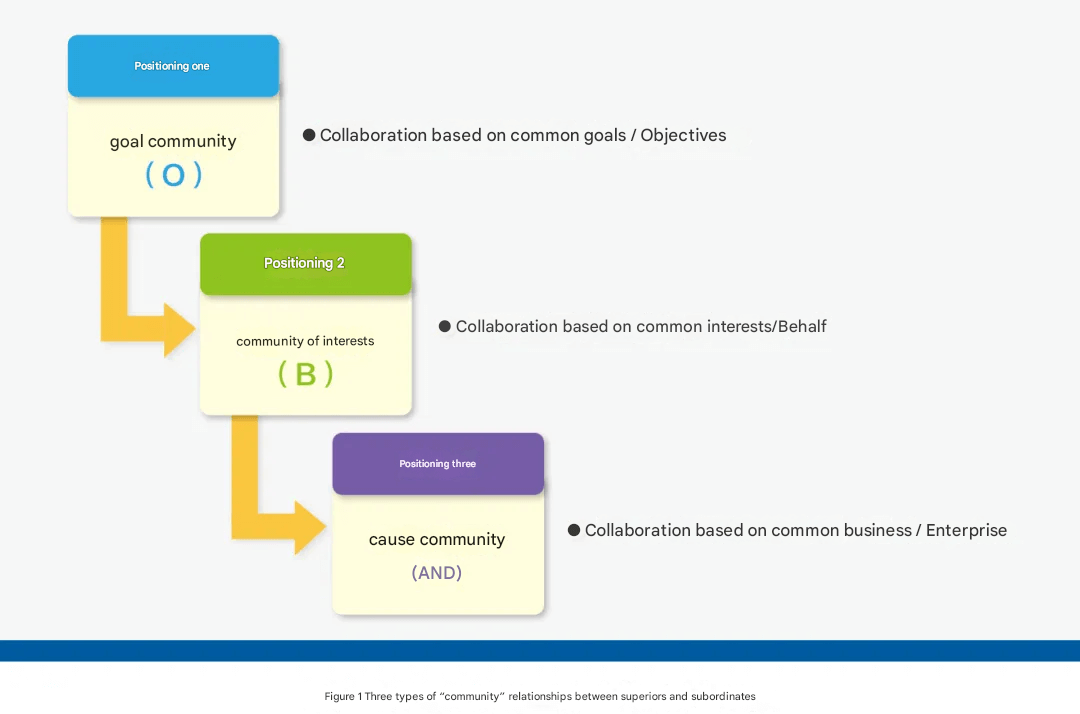
1. Lead by Example, Words are Secondary
I’ve always believed that the highest form of leadership today is leading by example and treating others as people.
Many managers demand a lot from their subordinates but fail to hold themselves to the same standard. If you cannot lead by example, people won't trust you, and it will be impossible to unite your team or build a high-performance group.
True management begins with managing yourself. When you do the right things, you can influence others.
2. Achieve Results Through the Team and Develop People Through Results
Managers must understand that their primary responsibility is to achieve results through others and develop their people through those results.
Individual success isn't true success; only when your team succeeds have you truly succeeded. To be an excellent executive, you need to be generous, willing to nurture your employees, and eager to share your successful experiences. Provide opportunities, guidance, and help for your team's growth.
Helping others succeed should bring you joy from the heart, not a sense of competition with your employees.
3. Selection is More Important Than Development
Is selection more important or development? Selection is 100 times more important.
If you select the wrong people, development is futile and wastes enormous time and energy.
I once believed I could develop anyone and that no employee was beyond training—only bosses who couldn’t train.
But when I started my business, I realized that some employees are hard to manage. They are impervious to motivation, evaluation, or training—because they were never the right people to begin with.
When you select the right people, things move smoothly, and the time needed for adjustment is shorter.
4. Bold Use is the Best Training
Sometimes we think someone isn’t mature enough, or their abilities aren’t strong enough, so we hesitate to use them.
But in fast-growing private companies, you can’t wait until someone is fully mature to use them. Many talents are developed through use—like changing the engine while flying the plane.
If you don’t boldly give high-potential people opportunities, they will never have a chance to shine. But you must manage risks and be confident that the person won’t mess things up.
5. Be Strict About Process, Be Relaxed About Results
Results are important, but the process is equally crucial.
Jack Ma once said, "Results without process are garbage, and processes without results are nonsense." Though crude, this captures the essence of management.
Results without a process are unsustainable, as success cannot be replicated; a process without results means inefficiency and wasted effort.
Experienced managers focus on the process, while inexperienced ones chase only results. When you insist on a good process, results will likely follow.
If you’ve done your best to perfect the process but still don’t get the results (a rare event), you must let it go. Sometimes things are beyond our control, and we must learn to accept that.
6. Hearts Change, Human Nature Doesn't
The first task in management is to understand both the flaws and virtues of human nature. All management should encourage people's good side and suppress their bad side—this is the essence of understanding human nature.
People’s hearts may change, but don’t be discouraged when they do. A good manager lets go of attachment to gains and losses. When I nurture someone, I don’t expect anything in return. I give simply because I can, and that mindset brings comfort.
If I had great expectations of someone and they didn’t reciprocate, I’d only end up disappointed and question human nature deeply.
It’s easy for a person to go from simplicity to complexity, but it’s much harder to go from complexity to purity. If you look at successful executives in large companies, they often exhibit a certain purity—not naivety, but a clear mind that radiates positivity.
7. Great Good is Great Evil, Great Evil is Great Good
Managers make decisions daily, and decisions have a priority. What criteria do you use to determine right and wrong?
For example, firing an employee can be extremely painful because it means they lose their job and may have a family to support. In the short term, it feels like a bad thing.
But if firing them benefits your company, your team, and even their future, then you must do it. This is “great evil is great good.” Decisions must prioritize the company's well-being before personal matters.
8. Be Kind in Heart, Quick with Action
"A kind heart, but a quick knife." Once you reach a certain level of management, your heart becomes like a Buddha's—pure and good-natured. But you must act decisively.
I've seen many managers struggle to fire people. They hesitate, offering mixed signals, with compliments thrown in during criticism.
When it’s time to act, be quick and clear. A fast decision is more responsible for the employee.
9. Doubt People but Use Them, Use People but Doubt Them
We often say, "Don’t use someone you doubt, and don’t doubt someone you use." But that’s too simplistic. Instead, doubt people and still use them, and use people while doubting them.
What do I mean by doubting people? Everyone has flaws, especially highly capable individuals, who often come with personality quirks. Use them despite these flaws, but ensure they won’t sink the ship.
And what do I mean by using people with doubt? When a person transitions into a new role, they face unknowns. As their boss, you must support and guide them through this period, ensuring they succeed.
10. A Manager's Capacity Grows by Enduring Injustice
Everyone who becomes a manager has faced unfairness. You have a boss above and employees below.
Sometimes your boss will question your abilities, and your employees may not understand your decisions. But this is an opportunity for self-growth. The more injustices you endure, the stronger you become.
Handling these situations is part of rising in rank. The greater responsibility you take on, the higher you can climb.
11. Reward the Good, Punish the Bad
As managers, can we treat everyone fairly?
In business, you must recognize that it’s impossible to treat everyone the same. If you try to, you’ll end up creating mediocrity.
True fairness means rewarding those who perform well and not protecting those who don’t. The rules of how rewards are distributed determine the ultimate size of the pie. Though the underperformers may be unhappy, this system is most efficient and fair in the long run.







